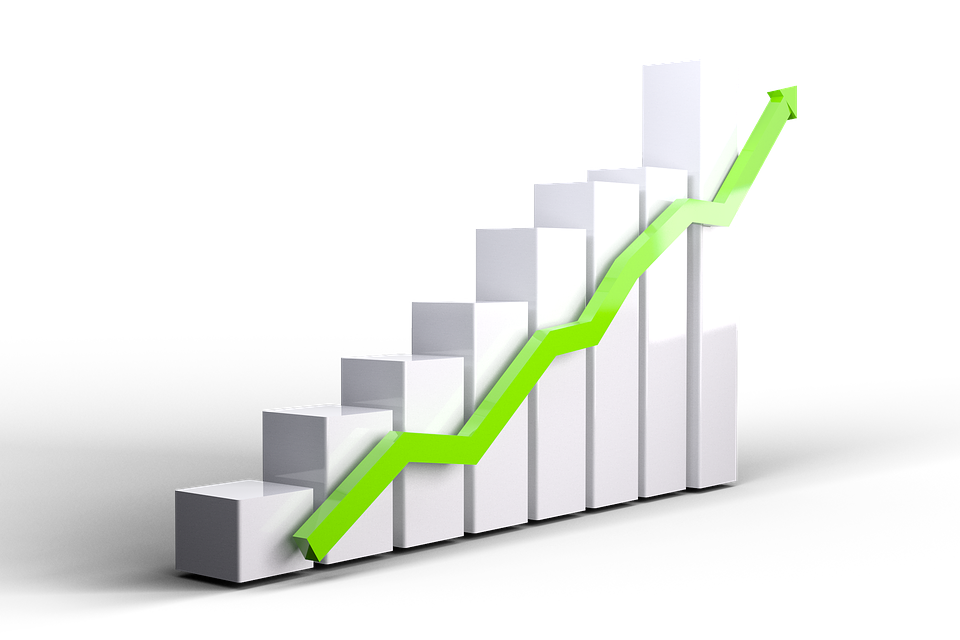It will take more than two years for Britain’s economy to recover to its pre-COVID-19 level, a Reuters poll found, but the Bank of England was still expected to keep rates steady until at least 2024 and to avoid negative borrowing costs.
The British government has been ramping up its coronavirus vaccination programme in one of the hardest hit countries by the pandemic but another national lockdown, which is hurting the dominant service industry the most, means the economy will shrink again this quarter.
Median forecasts in the Jan. 11-14 poll of over 70 economists said the economy would contract 1.4% this quarter after shrinking 2.0% in the final three months of 2020. In December, before the new national lockdown was announced, the economy was predicted to grow 1.7% this quarter.
“While we expect strict lockdowns to trigger a 3% fall in UK GDP in the first quarter, the more optimistic outlook for vaccinations means a sustained recovery could start in the spring,” said James Smith at ING.
Prime Minister Boris Johnson said on Wednesday, with daily coronavirus deaths at record levels, Britain was targeting a 24-hour, 7-day a week vaccination programme as soon as possible as it seeks to inoculate 15 million people by mid-February.
“Realistically that could enable a very gradual removal of restrictions from March, and more meaningfully beyond Easter,” Smith said.
So next quarter the economy was expected to expand 3.9% and then grow 2.5% the quarter after, the poll showed. For 2021 as a whole growth was pegged at 4.9% and for 2022 it was 5.3%
When asked how long it would take for the economy to recover to its pre-COVID-19 level 14 of 23 respondents to an additional question said it would be at least two years. Nine said within two years and none said within a year.
“Even though the UK is among the first in class with the rollout of the vaccines, we think the economic recovery will lag most of its European peers as the UK is in a relatively weak position due to the simultaneous shock of Brexit,” said Stefan Koopman at Rabobank.
Johnson reached an eleventh-hour deal with the EU on Dec. 24, averting tariffs on goods trade with the EU. However, trade between the two economic areas will still face significant extra paperwork.
To find out more about how we can assist you with your Second Charge Mortgage please click here
STAY POSITIVE
Bank of England Governor Andrew Bailey said on Tuesday Britain’s economy was facing its “darkest hour” but played down suggestions cutting interest rates below zero would be a straightforward way to boost growth.
Fellow BoE rate-setter Silvana Tenreyro on Monday outlined possible benefits from such a policy and Deputy Governor Ben Broadbent said on Tuesday the key judgment would be whether negative rates risked lowering lending volumes by reducing banks’ profitability.
Sixteen respondents to an additional question said the Bank was unlikely or very unlikely to take borrowing costs into negative territory and eight said it was likely or very likely. In an October poll only five said the Bank would go sub-zero.
Only three of 57 economists expected a cut at the Bank’s Feb. 4 meeting and medians in the poll suggested Bank Rate wouldn’t move from its record low of 0.1% until 2024 at the earliest.
However, six of the near 60 respondents expected negative rates by the end of 2021.
“As the experience from other central banks has shown, negative interest rates have very limited effects while at the same time producing large-scale side effects,” said Martin Weder at ZKB.
“The BoE is unlikely to go down this path unless it is forced to do so in case of another deep downturn.”
Reporting by Jonathan Cable
Source: UK Reuters
Discover our Mortgage Broker services.


